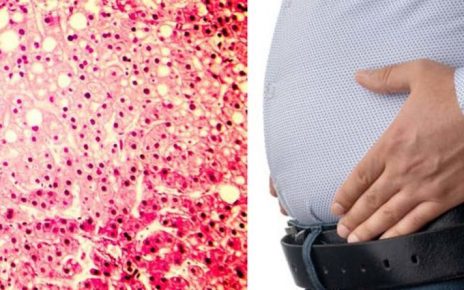The women were also asked to provide relevant medical information as well as details on their physical activity, alcohol consumption and family history of the disease. By the time the study period ended, there were 1,057 new breast cancer cases among the participants.
Lead author Gary E. Fraser, MBChB, Ph.D., and his team found “fairly strong evidence that either dairy milk or some other factor closely related to drinking dairy milk” was the cause. This was put down to sex hormone content, as “cows are of course lactating, and often about 75 per cent of the dairy herd is pregnant.
In addition, the intake of animal proteins has been associated with higher blood levels of insulin-like growth factor-1 (or IGF-1) – a hormone believed to promote certain cancers.
“Consuming as little as 1/4 to 1/3 cup of dairy milk per day was associated with an increased risk of breast cancer of 30 per cent,” Fraser explained. “By drinking up to one cup per day, the associated risk went up to 50 per cent, and for those drinking two to three cups per day, the risk increased further to 70 per cent to 80 per cent.”

Because of this, he suggested that the current dietary guidelines (2 1/2 cups per day for women aged between 19-50) be “viewed with caution.”
“Dairy milk does have some positive nutritional qualities “but these need to be balanced against other possible, less helpful effects. This work suggests the urgent need for further research.” In the interim, Fraser advises “dairy-alternate milks may be an optimal choice.”
Source: Read Full Article



